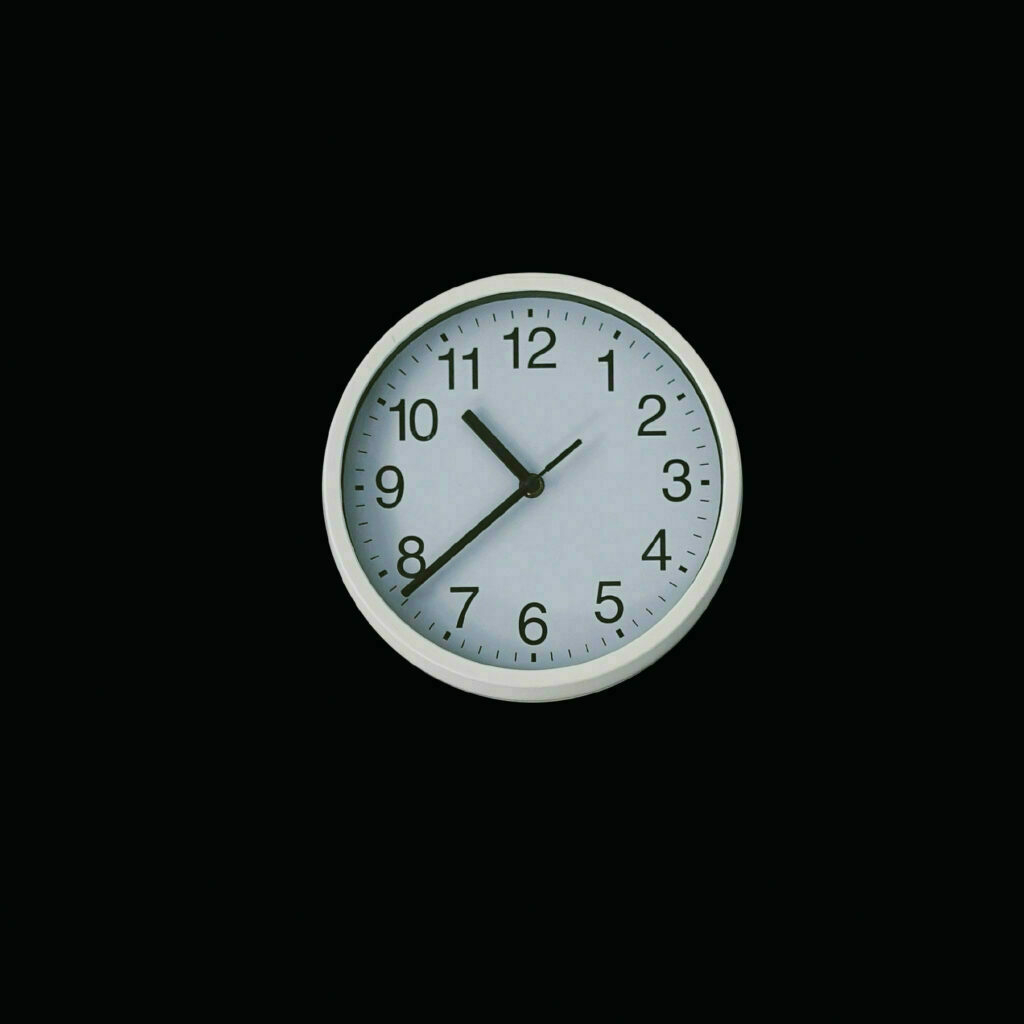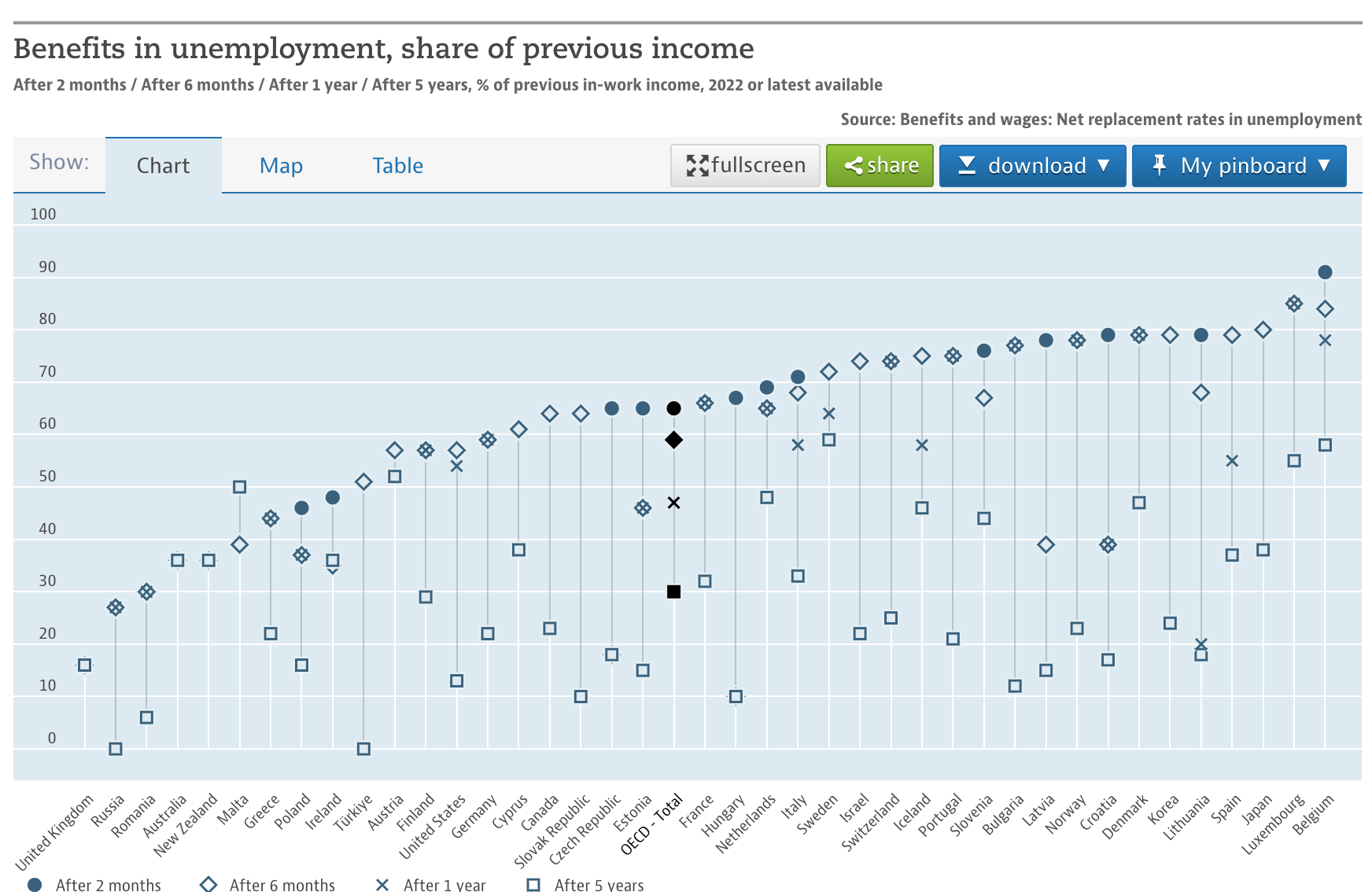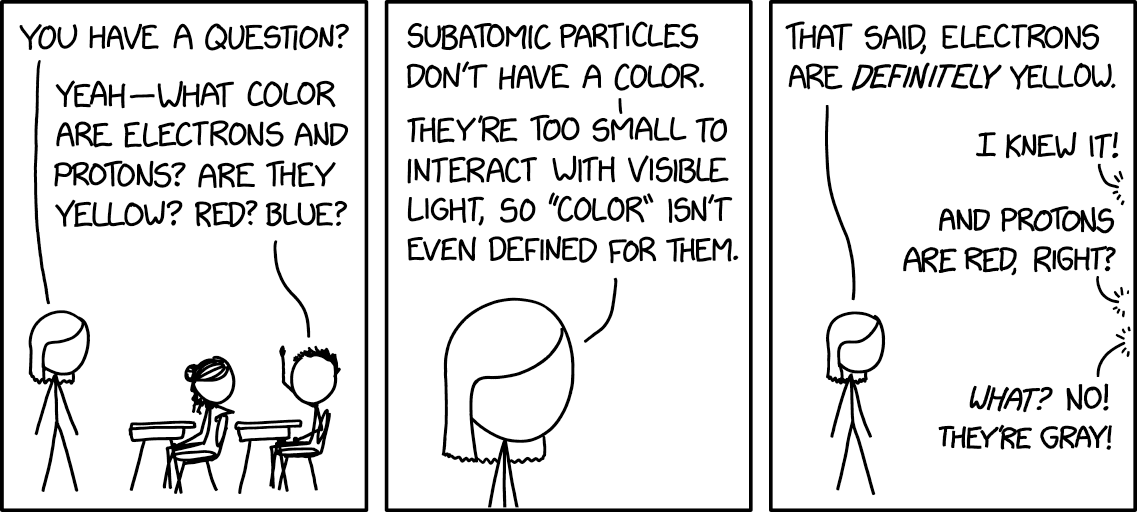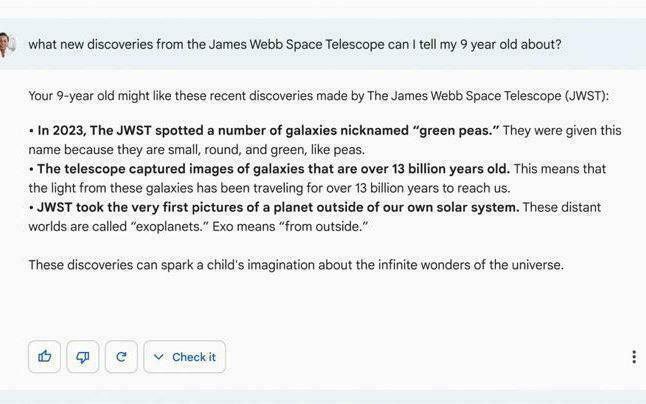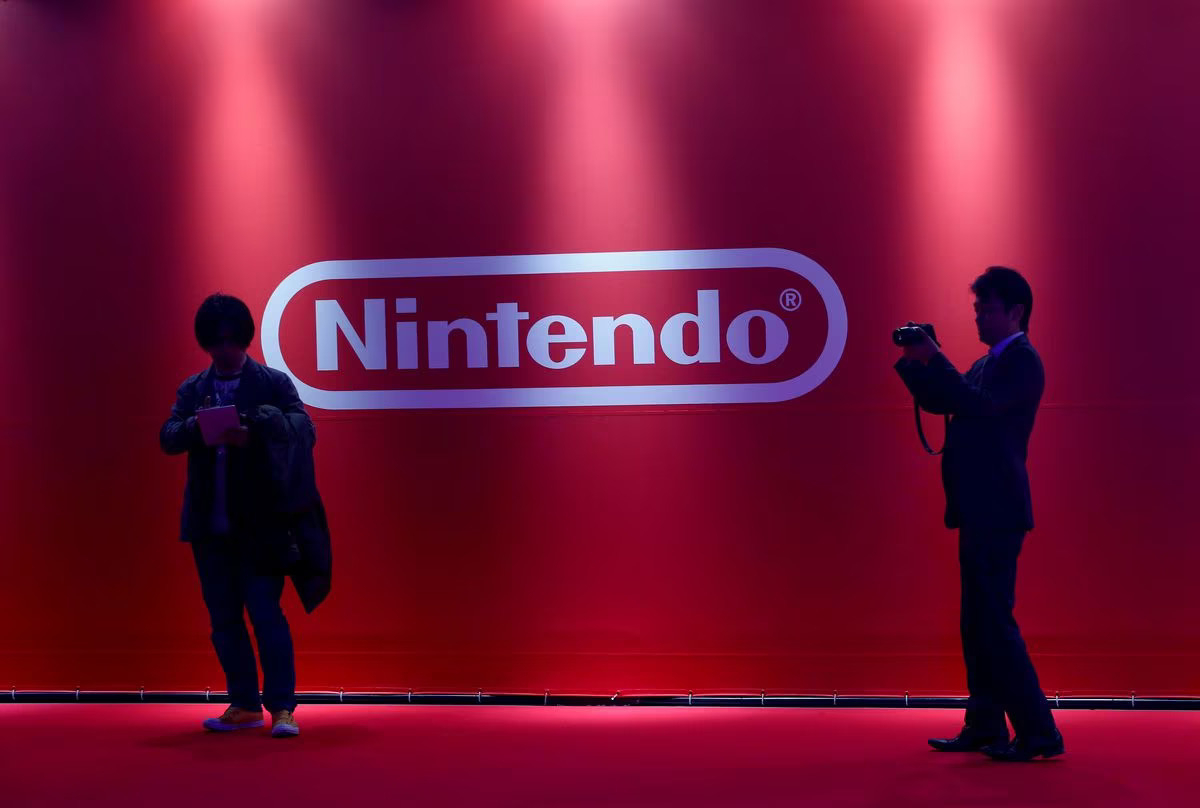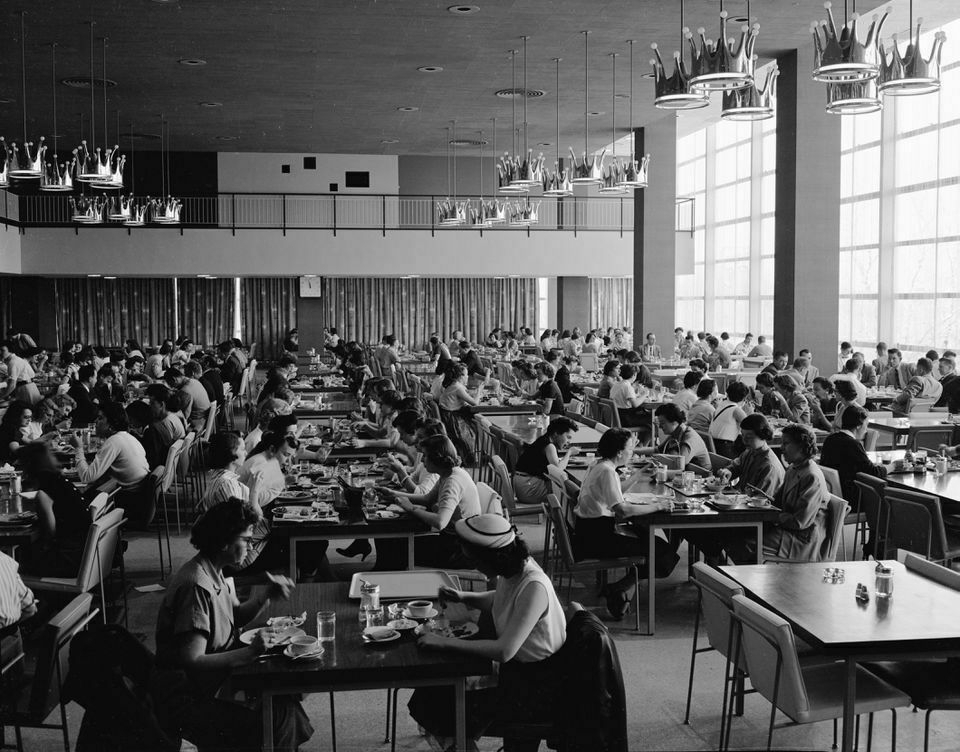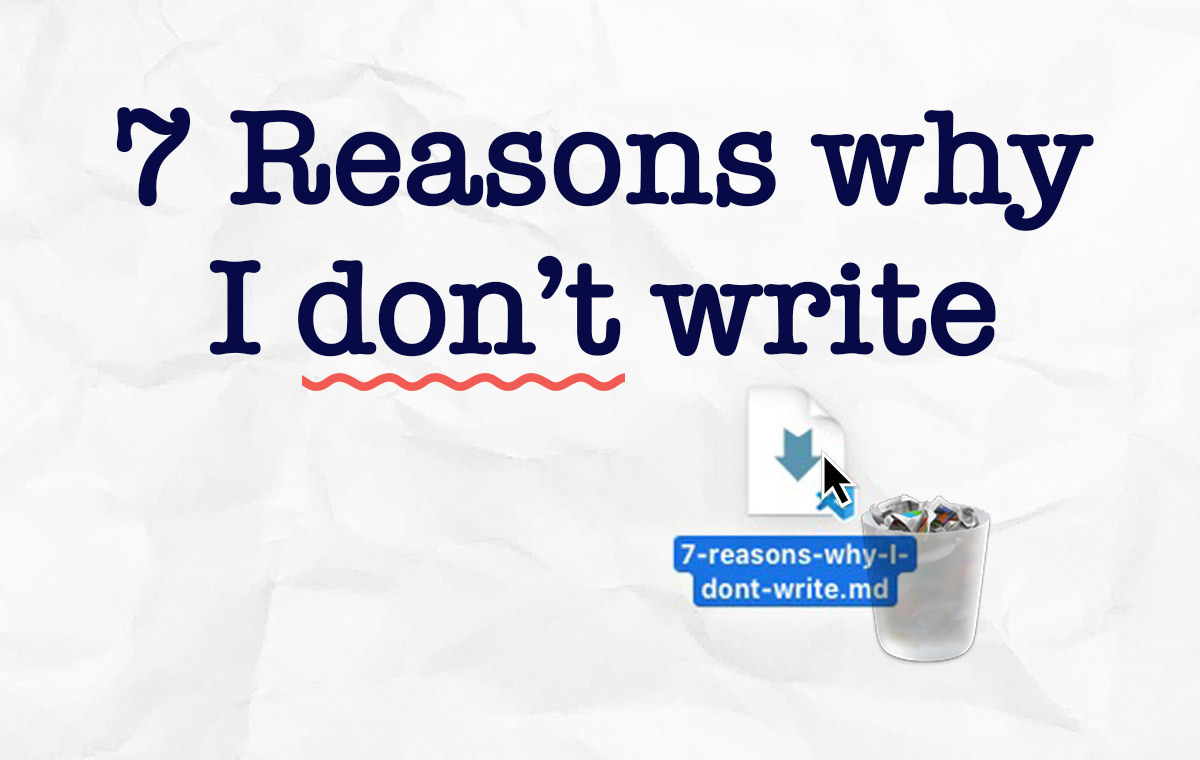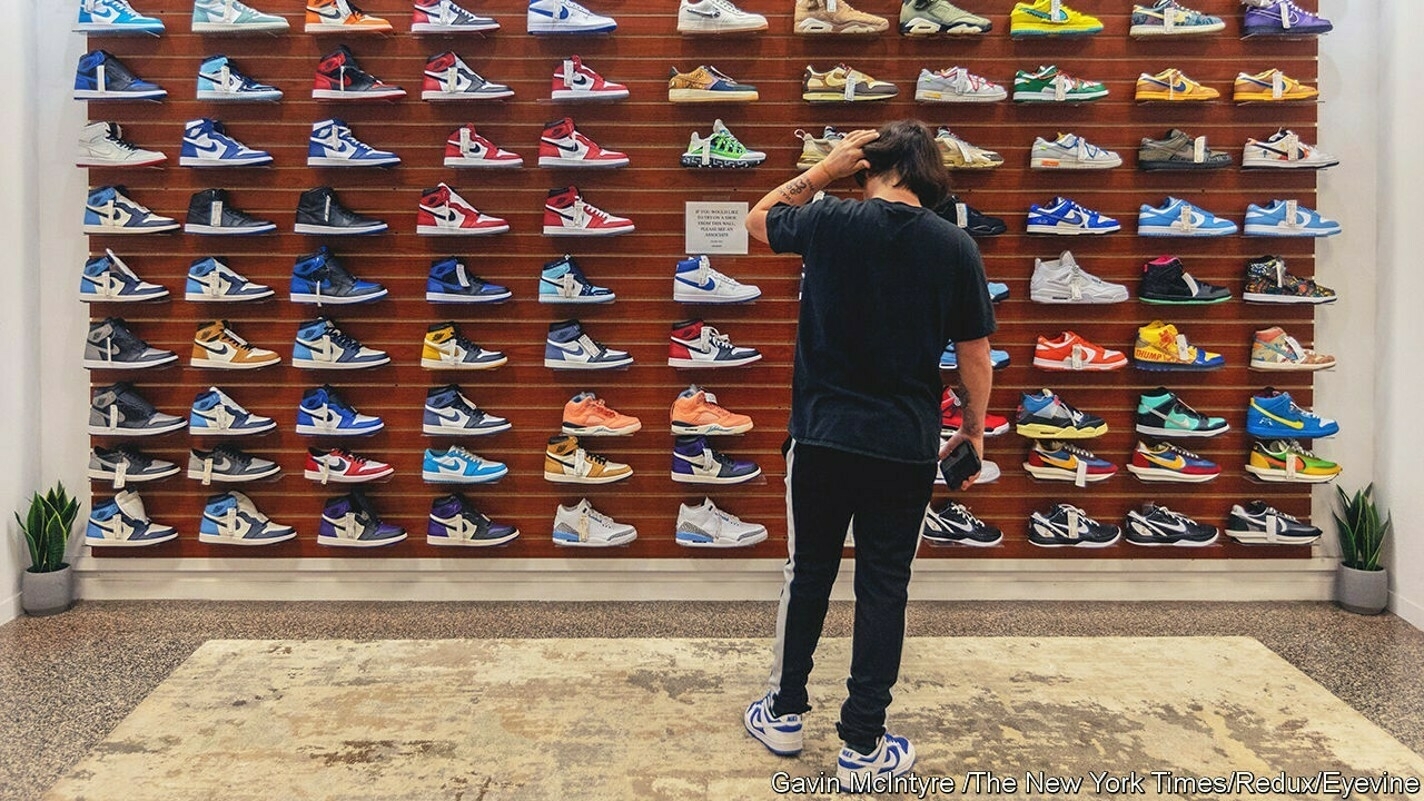2023
- I don't have time
- I don't have anything interesting to say
- I gotta fix [X] on my site first
- Others have already written about this
- The moment for this has passed
- I can’t get it to sound right
- Nobody’s going to read it anyway
There are just bodies, just us
Two books to add to my reading list, courtesy of this excellent review and analysis
Illness, I think, is a temporality — and not, as Susan Sontag famously posited in Illness as Metaphor, a place, where everyone holds dual citizenship between the kingdoms of sickness and health and can pass between the two. The truer statement, it seems to me, belongs to Gilda Radner, who died young of ovarian cancer: “It’s always something.” Constantly dealing with those somethings takes time, and you can no longer even pretend that your life will go along in an orderly, productive way. But does anyone’s? I’ve come to realize that the bifurcation between the sick and the well, the disabled and the able-bodied, is capitalism’s intervention. In reality, there are just bodies, just us.Source: Is Anyone Ever Well? - Lux MagazineTwo books published this fall trouble the binary between sickness and health. Health Communism, by Beatrice Adler-Bolton and Artie Vierkant, wholly refutes the possibility of being healthy under capitalism. The Future is Disabled, by Leah Lakshmi Piepzna-Samarasinha, argues that to meet a future full of catastrophe, we need to think and act like disability activists. These books want to talk about sickness as a source of solidarity, and a way forward out of our current, very unwell state.
[…]
Separating out the well and worthy workers from the sick and unproductive surplus class is one of capitalism’s more insidious divide-and-conquer tactics. We all know the person who brags about not taking one sick day in 20 years. But if capital separates the workers from the unwell, capitalists still manage to profit from both. The state, which could sustain the sickened surplus, instead neglects them, and the private health care sector steps in to profit. Adler-Bolton and Vierkant coin the term “extractive abandonment,” (a variation on Ruth Wilson Gilmore’s description of the carceral system as “organized abandonment”) to describe how public subsidies flow to privatized facilities offering substandard care, from for-profit nursing homes to prisons. As a result, those in need of care are less likely to receive it where they could thrive, let alone exercise their self-determination. Instead, they are shunted into a “warehouse” of care, a “public-private partnership of pure immiseration.”
Smoking as an analogy for unthinking phone use
Even if, like me, you turn all but the most important notifications off, it’s easy to get used to there being something new on your phone when you’re bored. Or waiting. Or feeling anxious.
If there isn’t something new there that’s immediately accessible, it becomes more boring. I haven’t had social media apps on my phone for years, but last week I logged out of several social networks in my mobile and desktop browsers.
You’ve got to replace these things with a habit, though. So I’ve now books next to the places I tend to sit and scroll. To be honest, even playing on my Steam Deck is a better use of my time than most scrolling I do on social networks.
About twenty years later — last week — I found myself sitting at my kitchen table, mechanically upvoting and downvoting hot takes on Reddit when I realized I had been aimlessly thumbing my phone for at least twenty minutes. I was vaguely aware that I had not yet done the thing that caused me to reach for my phone in the first place, and could no longer remember what it was.Source: Most Phone Use is a Tragic Loss of Life | RaptitudeEven though I get caught up like that all the time, the nihilism of that particular twenty minutes really got to me. It was such a nothing thing to do. I said aloud what I was thinking: “That… was a total loss.”
Basically I had just aged myself by twenty minutes. Two virtual cigarettes, and not even a fading buzz to show for it. I learned nothing, gained nothing, made no friends, impacted the world not at all, did not improve my mood or my capacity to do anything useful. It was marginally enjoyable on some reptile-brain level, sure, but its ultimate result was only to bring me nearer to death. Using my phone like that was pure loss of life — like smoking, except without the benefits.
[...]I’m not trying to make a moral appeal, only a practical one. It doesn’t necessarily follow that frivolous phone use is bad or wrong. It’s unwise, and we already know that it’s unwise. But perhaps it is as unwise as smoking. Perhaps indulging the urge to browse Reddit after checking your email is just as reckless and self-destructive as lighting up a Marlboro 100 after breakfast, and will one day be seen with all the same revulsion and taboo.
Only you know how resonant this proposition is for you. If you lose ten, twenty, or thirty minutes to frivolous phone use on a multiple-times-daily basis (I sure do), it might make sense to regard it as belonging to a much higher stratum of concern than we tend to assume. Instead of grouping it with I-probably-shouldn’t-but-who-cares sorts of behaviors, like rewatching barely-worthwhile TV shows or kicking off your shoes without untying them, perhaps it belongs with possibly-catastrophic vices like daily deep-fried lunch, road raging, or smoking.
Living your best life
I didn’t know this guy, but for some reason clicked through to this post which appeared in my LinkedIn stream. It’s oddly affecting to see the words of someone who recently passed away doing so at peace with the world and hte place he had in it.
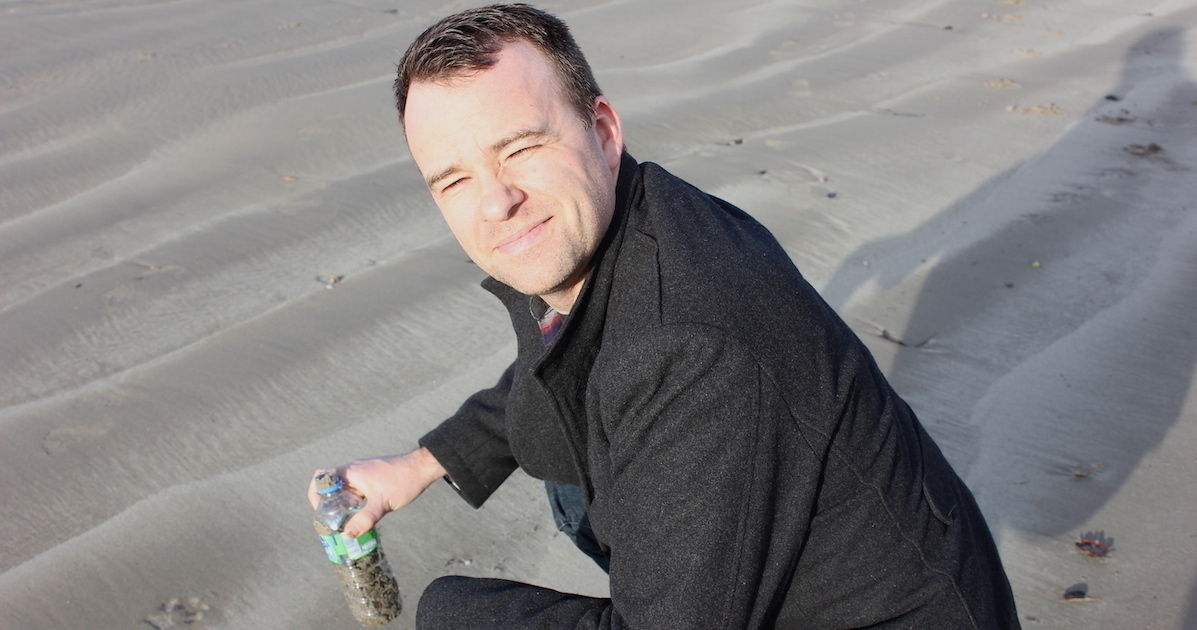
I wrote a book, I wrote a play and at least six thousand blog posts rife with dumb hot takes and cancellable offences. I ran a newspaper, a theatre company and a business. After a mentor invited me to work on the Copenhagen Climate Talks, I realised I could earn a living and still be on the side of the angels. And so, I helped to change laws that protect nature; I compelled people to get vaccinated during a pandemic; and I shook the hands of Prime Ministers in Paris.Source: They Were All Splendid | DarrenBarefoot.comI loved a woman for 27 years, but that is private and not for you.
This has been my life: art, exploring, work and love. I’m proud of it and sad that it’s shortened. I haven’t seen Asia. Will the Canucks win the Stanley Cup in the next thirty years? Will people walk on Mars?
I have a Buddhist friend who legitimately believes that every person is doing their best all of the time. I’ve finally come around to this idea. I’ve lived the best life I could.
Britain is screwed
I followed a link from this article to some OECD data which, as shown in the chart below, the UK has even lower welfare payments that the US. The economy of our country is absolutely broken, mainly due to Brexit, but also due to the chasm between everyday people and the elites.
On most measures, the country has the most limited welfare state of any developed country, including the United States, with the result being that working households are shouldering more risk than their peers and—as the Resolution Foundation recently found—today’s young Britons face paying far more in tax than they will ever receive back in terms of pensions and other benefits. The reverse is true of older cohorts.Source: Britain Is Much Worse Off Than It Understands | Foreign PolicyThere is also an unprecedented housing crisis, with young people increasingly excluded from home ownership if they cannot access family wealth. Public services are under unprecedented pressure, especially health care. Excess deaths have risen while Britain is the only country in Europe suffering from declining life expectancy.
Synesthetic xkcd
I’m a migraineur and there’s an overlap between that group of people and those who are synesthetes. But it turns out that my kids, who do not (yet?) suffer from migraines, also associate colour strongly with things that other people do not usually associate colour.
For example, days of the week. We’ve hard arguments over what colour ‘Monday’ is, for example. So this xkcd cartoon made me laugh.
Source: xkcd: Electron Color
Bad Bard
Google is obviously a little freaked-out by tools such as ChatGPT and their potentially ability to destroy large sections of their search business. However, it seems like they didn’t do even the most cursory checks of the promotional material they put out as part of the hurried launch for ‘Bard’.
This, of course, is our future: ‘truthy’ systems leading individuals, groups, and civilizations down the wrong path. I’m not optimistic about our future.
In the advertisement, Bard is given the prompt: "What new discoveries from the James Webb Space Telescope (JWST) can I tell my 9-year old about?"Source: Google AI chatbot Bard offers inaccurate information in company ad | ReutersBard responds with a number of answers, including one suggesting the JWST was used to take the very first pictures of a planet outside the Earth’s solar system, or exoplanets. This is inaccurate.
Buying when the market is selling
I love this. Nintendo is increasing the salaries of its employees even though it intends to make less of a profit. Short of giving everyone ownership, this is how you invest in your people during a downturn.
Nintendo plans to raise its employees' base pay by 10% this year in the wake of inflation. Reuters reported that Nintendo plans to raise salaries even as it reduced its profit expectation for the year. Nintendo previously cut its operating profit forecast from a projected 582 billion yen to 480 billion yen ($3.6 billion).Source: Nintendo Will Pay Its Workers 10% More ¬ GameSpotNintendo also amended its projected software and hardware sales. It projects that the Switch will sell 18 million units this year, as opposed to the prior forecast of 19 million. Similarly, it dropped the software sales forecast from 210 million units to 205 million. Nintendo re-affirmed that it does not currently have plan to raise prices for its consoles or games.
The party's over for office-based work
In-person working can be energising. But perhaps not every day, for most people? There’s a reason that lots of people have decided to continue to work at home after the pandemic showed them that a different approach was possible.
Take Google. The tech giant threw a massive welcome-back party complete with a Lizzo concert. Sure, it sounds cool, but unless Lizzo will one day be my manager, what does a concert have to do with getting me to my desk day after day after day? Will there be daily concerts? Everyone was isolated for two years. How does attending a concert with people I’ve never met or barely remember better connect me to the company? Being alone in a crowd would actually remind me just how few friends I have at the organization.Source: Wake up, Corporate America: You can’t bribe, threaten, or feed people to get them back in the office | The Boston Globe
Sad Ben Affleck
I wouldn’t usually comment on celebrity culture, but I wanted to make three points here. First, are we sure that Ben Affleck isn’t depressed?
Second, why the continued assumption that being wealthy, famous, and good looking means you must be happy?
Third (and most importantly) even if you’re an actor, it doesn’t mean you’re good at dissimulation during down time. Some people just look bored when they’re bored. Like me.
It is this disconnect, you suspect, that makes Affleck so meme-able. He has everything, and yet he appears to enjoy none of it. Remember the Affleck of old, young and handsome and so cocky that you couldn’t help but take against the guy? That Affleck is gone. In his place is a man weighed down by the sheer punishing, relentless burden of life on Earth. And that, as you no doubt realise for yourself,is much more our speed.Source: A mask of unadorned misery: how Ben Affleck became the world’s biggest meme | The Guardian
One place to rule them all?
Connor Oliver muses on the fact that, never mind the decline in ‘third places’ (or ‘third spaces’ as we’d probably call in them in the UK) there’s a decline in second places/spaces. What happens if you live and work in the same place all of the time?
It’s a real issue, and as he points out, it’s particularly acute if you’re single and don’t have kids. I’ve lived and worked from home since 2012, and from this particular house since 2014. So travel is particularly important to me, as are my kids sporting fixtures!

I don't know who coined the term "third place" and while I don't really care, my understanding is that a third place is something along the lines of a hobby group, sports club, church, barbershop, or other place you go to socialize outside of your first and second places, home and work.Source: A third place? I’m not sure I even have a second anymore. | Muezza.ca[…]
My question is though, what does one do when they no longer even have a second place (work)?
[…]
A not insignificant number of us have seen our first and second place merge into one and we’ve lost much of what made our second place a second place. In some more extreme examples like mine, people have never met their coworkers in person, or even know what some of their co-workers look like.
Covid and heart attacks
Curiously, I discovered this via Hacker News, which linked to an news article about it that I couldn’t access in the UK. I guess they hadn’t got their GDPR act together. So I’m sharing a link to the original journal article.
What’s interesting to me about this is that my heart hasn’t been the same since I had Covid this time last year. And sure enough, the research in this article shows that deaths from acute myocardial infarctions (i.e. heart attacks) have gone up by a third for my age group. Makes you think.
The COVID-19 pandemic has had a detrimental impact on the healthcare system. Our study armed to assess the extent and the disparity in excess acute myocardial infarction (AMI)-associated mortality during the pandemic, through the recent Omicron outbreak. Using data from the CDC's National Vital Statistics System, we identified 1 522 669 AMI-associated deaths occurring between 4/1/2012 and 3/31/2022. Accounting for seasonality, we compared age-standardized mortality rate (ASMR) for AMI-associated deaths between prepandemic and pandemic periods, including observed versus predicted ASMR, and examined temporal trends by demographic groups and region. Before the pandemic, AMI-associated mortality rates decreased across all subgroups. These trends reversed during the pandemic, with significant rises seen for the youngest-aged females and males even through the most recent period of the Omicron surge (10/2021–3/2022). The SAPC in the youngest and middle-age group in AMI-associated mortality increased by 5.3% (95% confidence interval [CI]: 1.6%–9.1%) and 3.4% (95% CI: 0.1%–6.8%), respectively. The excess death, defined as the difference between the observed and the predicted mortality rates, was most pronounced for the youngest (25–44 years) aged decedents, ranging from 23% to 34% for the youngest compared to 13%–18% for the oldest age groups. The trend of mortality suggests that age and sex disparities have persisted even through the recent Omicron surge, with excess AMI-associated mortality being most pronounced in younger-aged adults.Source: Excess risk for acute myocardial infarction mortality during the COVID‐19 pandemic | Journal of Medical Virology
Hiring people without degrees
This is my commentary on Bryan Alexander’s commentary of an Op-Ed in The New York Times. You’d think I’d be wholeheartedly in favour of fewer jobs requiring a degree and, I am, broadly speaking.
However, and I suppose I should write a more lengthy piece on this somewhere, I am a little concerned about jobs becoming credential-free and experience-free experiences. Anecdotally, I’ve found that far from CVs and resumes being on the decline, they’re being used more than ever — along with rounds and rounds of interviews that seem to favour, well… bullshitters.
At a broader level, I find the Times piece fitting into my peak higher education model in a quiet way. The editorial doesn’t explicitly call for fewer people to enroll in college, but does recommend that a chunk of the population pursue careers without post-secondary experience (or credentials). In other words, should public and private institutions heed the editorial, we shouldn’t expect an uptick in enrollment, but more of the opposite.Source: Employers, hire more people without college degrees, says the New York Times | Bryan AlexanderWhich brings me to a final point. I’ve previously written about a huge change in how Americans think about higher ed. For a generation we thought that the more people get more college experience, the better. Since 2012 or so there have been signs of that national consensus breaking down. Now if the New York Times no longer shares that inherited model, is that shared view truly broken?
Reasons for not writing
One of the reasons I continue with Thought Shrapnel is because it’s an easy way to ‘blog’ when I don’t feel like writing something from scratch.
I came up with seven reasons that I use to justify why I’m not writing. In a confusing twist of perspective, I’m also going to try and talk myself out of them by explaining to you, dear Reader, why they are bullshit.The seven reasons?
Should we "resist trying to make things better" when it comes to online misinformation?
This is a provocative interview with Alex Stamos, “the former head of security at Facebook who now heads up the Stanford Internet Observatory, which does deep dives into the ways people abuse the internet”. His argument is that social media companies (like Twitter) sometimes try to hard to make the world better, which he thinks should be “resisted”.
I’m not sure what to make of this. On the one hand, I think we absolutely do need to be worried about misinformation. On the other, he does have a very good point about people being complicit in their own radicalisation. It’s complicated.
I think what has happened is there was a massive overestimation of the capability of mis- and disinformation to change people’s minds — of its actual persuasive power. That doesn’t mean it’s not a problem, but we have to reframe how we look at it — as less of something that is done to us and more of a supply and demand problem. We live in a world where people can choose to seal themselves into an information environment that reinforces their preconceived notions, that reinforces the things they want to believe about themselves and about others. And in doing so, they can participate in their own radicalization. They can participate in fooling themselves, but that is not something that’s necessarily being done to them.Source: Are we too worried about misinformation? | Vox[…]
The fundamental problem is that there’s a fundamental disagreement inside people’s heads — that people are inconsistent on what responsibility they believe information intermediaries should have for making society better. People generally believe that if something is against their side, that the platforms have a huge responsibility. And if something is on their side, [the platforms] should have no responsibility. It’s extremely rare to find people who are consistent in this.
[…]
Any technological innovation, you’re going to have some kind of balancing act. The problem is, our political discussion of these things never takes those balances into effect. If you are super into privacy, then you have to also recognize that when you provide people private communication, that some subset of people will use that in ways that you disagree with, in ways that are illegal in ways, and sometimes in some cases that are extremely harmful. The reality is that we have to have these kinds of trade-offs.
Woke, broke, and complicated
I thought the comments about how young people’s desire for instant gratification was nothing particularly new. However, it is worth thinking about the desire for more ‘green’ options being coupled with the desire to get everything instantly. The two are somewhat in tension.
Uncertainty about the future may be encouraging impulsive spending of limited resources in the present. The young were disrupted more by covid than other generations and are now enjoying the rebound. According to McKinsey, American millennials (born between 1980 and the late 1990s) spent 17% more in the year to March 2022 than they did in the year before. Despite this short-term recovery from the dark days of the pandemic, their long-term prospects are much less good.Source: How the young spend their money | The Economist[…]
Youngsters’ appetite for instant gratification is also fuelling some distinctly ungreen consumer habits. The young have virtually invented quick commerce, observes Isabelle Allen of kpmg. And that convenience is affordable because it fails to price in all its externalities. The environmental benefits of eating plants rather than meat can be quickly undone if meals are delivered in small batches by a courier on a petrol-powered motorbike. Shein, a Chinese clothes retailer that is the fastest in fast fashion, tops surveys as a Gen Z favourite in the West, despite being criticised for waste; its fashionable garments are cheap enough to throw on once and then throw away. Like everyone else the young are, then, contradictory—because, like everyone else, they are only human.
The art of Battle Royale-style video games
My kids like Fortnite and Warzone. The backstory to the genre, as told in this article is really interesting, along with the realisation that it fuses storytelling and competition.
Video games broadly fall into two categories: those which, like sports, emphasize competition, and those which, like films, emphasize storytelling. Battle royale is a rare harmonious combination, a mode that encourages both dynamic, dramatic vignettes and high-stakes rivalry. At Infinity Ward, the Los Angeles-based co-developer of the Call of Duty series, which has long established the template for online competitive shooting games, PUBG was disruptive and divisive. “You could see it propagating through the office like wildfire,” Joe Cecot, the studio’s multiplayer-design director, said. “People were, like, ‘How do we make something like this? What would our twist on this be?’ ”Source: How “Battle Royale” Took Over Video Games | The New Yorker[…]
In the video-game medium, where players prize novelty—and, typically, not social commentary—the key to battle royale’s future may lie not in tweaking its rules but in deepening its story. In November, Activision released Warzone 2.0, which introduces some new mechanics. There’s now more than one safe circle, so players are herded into pockets of refuge, and it’s possible to interrogate downed opponents, making them reveal the position of their teammates. These embellishments add subtle points of difference, but it’s unlikely that they’ll energize the form. “Battle royale will now always be a part of the tool kit, in the same way that we’re never not going to have the fifty-two-card deck,” Lantz said. “But there’s not a lot of people making new games for the fifty-two-card deck. When a thirteen-year-old hears that there’s a new battle-royale game coming out today, it’s already a little bit boring. Like, you know, boomer stuff.”
Cambrian governance models
I think it’s fair to say that this article features ‘florid prose’ but the gist is that we should want society to be as complex as possible. This allow innovation to flourish and means we can solve some of the knottiest problems facing our world.
However, we’re hamstrung by issues around transnational governance, and particularly in the digital realm.
To summarise, we are traversing an epochal change and we lack the institutional capacity to complete this transformation without imploding. We could well fail, and the consequences of failure at this juncture would be catastrophic. However, we can collectively rise to the challenge and an exciting assemblage of subfields is emerging to help. We can fix the failed state that is the Internet if we approach building tech with institutional principles, and an Internet that delivers on its cooperative promise of deeper, denser institutional capacity is what we need as a planetary civilisation.Source: The Internet Transition | Robin BerjonWe don’t need a worldwide technical U.N. to figure this out. Rather, we need transnational topic-specific governance systems that interact with one another wherever they connect and overlap but that do not control one another, and that exercise subsidiarity to one another as well as to more local institutions. Yes, it will be a glorious mess — a Cambrian mess — but we will be collectively smarter for it.
Tax and/or eat the rich
I’m essentially just bookmarking this in case I think that I’ve misremembered the astounding difference in global wealth between the top 1% and bottom 90% mentioned in this article
The report said that for every $1 of new global wealth earned by a person in the bottom 90%in the past two years, each billionaire gained roughly $1.7m. Despite small falls in 2022, the combined fortune of billionaires had increased by $2.7bn a day. Pandemic gains came after a decade when both the number and wealth of billionaires had doubled.Source: Call for new taxes on super-rich after 1% pocket two-thirds of all new wealth | The Guardian
Logging off from AI?
An interesting and persuasive article from Lars Doucet who considers the ways in which AI spam might mean that people retreat from ‘open sea’ social networks (including gaming / dating ones) to more niche areas.
I don’t think there’s anything particularly wrong with interacting with AIs in ways that include emotion. But it’s a solipsistic existence, and perhaps not one that leads to human flourishing.
What happens when anyone can spin up a thousand social media accounts at the click of a button, where each account picks a consistent persona and sticks to it – happily posting away about one of their hobbies like knitting or trout fishing or whatever, while simultaneously building up a credible and inobtrusive post history in another plausible side hobby that all these accounts happen to share – geopolitics, let's say – all until it's time for the sock puppet master to light the bat signal and manufacture some consensus?Source: AI: Markets for Lemons, and the Great Logging Off | Fortress of DoorsWhat happens when every online open lobby multiplayer game is choked with cheaters who all play at superhuman levels in increasingly undetectable ways?
What happens when, from the perspective of the average guy, “every girl” on every dating app is a fiction driven by an AI who strings him along (including sending original and persona-consistent pictures) until it’s time to scam money out of him?
What happens when comments sections on every forum gets filled with implausibly large consensus-building hordes who are able to adapt in real time and carefully slip their brigading just below the moderator’s rules?
I mean, to various degrees all this stuff is already happening. But what happens when it cranks up by an order of magnitude, seemingly overnight?
What happens when most “people” you interact with on the internet are fake?
I think people start logging off.
Retro audio player
Adam Procter shared this with me recently, after witnessing the trials and tribulations of upgrading an iPod Classic. It’s pretty awesome, I have to say, but I don’t think I’m quite at the stage of custom PCBs quite yet…
Inspired by 1980s tape recorders, this audio player was designed with ease of use and accessibility in mind. Despite its nostalgic appearance, it packs modern hardware. Powered by the ESP32, it plays music and audiobooks from a micro SD card, either on its internal speaker or though a headphone jack. A 2.8“ IPS screen and mechanical buttons make up the simplistic user interface. The software is built around the ESP32-audioI2S library by GitHub user Schreibfaul1.Source: DIY Retro Audio Player | Hackaday.io
